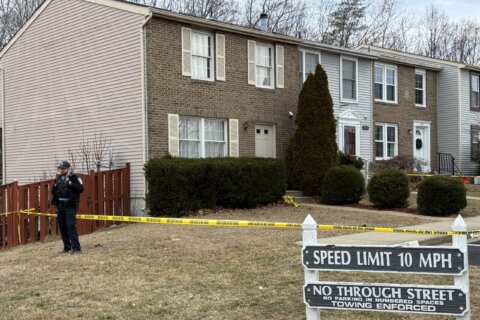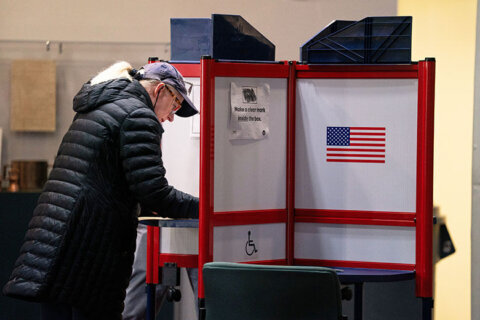This article was reprinted with permission from Virginia Mercury.
Virginia officials are instructing health care providers to start keeping track of “adverse events” involving children and teens being exposed to cannabis products.
In an April 24 letter to clinicians, State Health Commissioner Karen Shelton said her agency had received enough reports of minors getting sick from products containing CBD and THC, chemical compounds found in cannabis, that the state was establishing a “special surveillance system” to keep tabs on the issue.
“Reported symptoms for these adverse events have included vomiting, hallucinations, low blood pressure, low blood sugar, altered mental status and anxiety,” Shelton wrote, adding that “some hospitalizations have occurred” as a result of minors consuming cannabis products.
The letter specifically asks that local health departments be made aware of any cannabis-related hospitalizations in patients under 18 years old and any “clusters of adverse events” affecting multiple minors.
“After a hospitalization or cluster is reported, VDH staff will collect information about the illness(es), possible exposures, and laboratory results,” the letter says.

The Health Department provided data showing an increase in emergency room visits involving minors being exposed to cannabis, and said the new surveillance system will help bolster those tracking efforts. In 2019, there were 52 ER visits. By 2023, the number had grown to 377.
That data only covers emergency room visits and doesn’t reflect every incident reported to health officials.
“As a result of these data, the special surveillance system was established in order for VDH to receive these reports directly and better assess the impact of adverse events related to consumption of products containing THC or CBD among children in the Commonwealth,” said Health Department spokesperson Cheryle Rodriguez.
The letter also points to an online portal allowing anyone who had an adverse experience with cannabis products to submit a report to the Health Department with information about what happened, where the product was obtained and how it was labeled. The agency also noted that lab testing is available to “support patient and product testing.”
The tracking system set up by health officials is the latest government effort to mitigate the downsides of cannabis, as policymakers continue to debate what to do about adult use of marijuana and products close enough to weed to produce a similar high. Earlier this year, Gov. Glenn Youngkin pointed to health risks to children as one of his reasons for vetoing legislation that would have legalized retail sales of marijuana for purely recreational use.
“The most concerning consequence of cannabis commercialization is its impact on adolescents and our children,” Youngkin said in his veto statement, which also cited data showing increases in calls to poison control centers for children who consumed cannabis edibles.
There have been numerous news stories in the past few years of THC-related overdoses at Virginia schools, some of them being serious enough to require hospitalization. Last year, a high school in the city of Richmond took the unusual step of banning all candy after four students suffered “medical distress” after eating edibles believed to contain a form of THC, the intoxicating element found in marijuana, according to the Richmond Times-Dispatch.
As lawmakers have relaxed Virginia’s laws on adult possession of small amounts of marijuana, they’ve taken steps to crack down on legally murky products like delta-8 THC, which produces a high similar to marijuana but has gone largely unregulated because it’s typically derived from hemp plants.
Michelle Peace, a forensic science professor at Virginia Commonwealth University who specializes in vaping and cannabis research, said data collection and better testing will help health officials “get their arms around” the issue.
“It’s important to know how pervasive the problem is,” Peace said in an interview.
Peace has been doing her own research into the vaping habits of Virginia K-12 students by testing the contents of vape equipment confiscated by school officials. Out of 369 submissions, 82% contained nicotine and 18% had some form of THC.
Much of that THC was “very highly concentrated,” Peace said, making it more likely that the user would experience negative effects.
“At the end of the day, there needs to be proper attribution as to what the child actually consumed,” Peace said.
Editor’s note: This story was updated after publication with additional information from the Virginia Department of Health.







